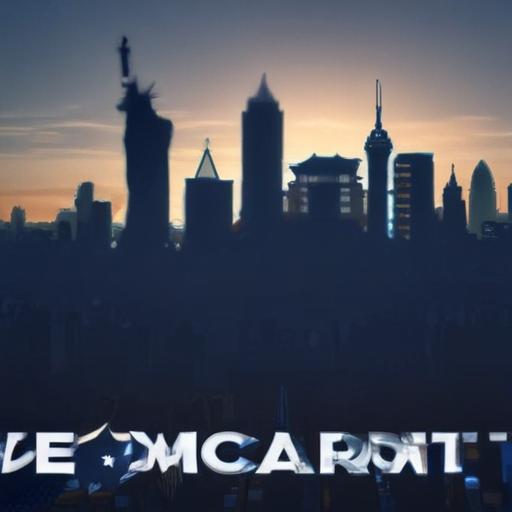In recent comments, former President Donald Trump has fixated on Transportation Secretary Pete Buttigieg, criticizing his commuting method—bicycling to work—while also highlighting ongoing issues with U.S. air traffic control. Trump’s remarks underscore a broader dialogue regarding Buttigieg’s aspirations within the Democratic Party as the potential frontrunner for the 2028 presidential nomination.
Buttigieg, aged 43, recently made waves with a gathering in Iowa, a state pivotal in his previous campaign where he emerged as a surprising victor in the 2020 Democratic caucus. During his address to over 1,000 attendees at a veterans center, he emphasized the need for readiness to face “fundamental tests” that the nation and party will encounter in the near future. His revitalized presence and strategic engagements are indicative of his serious interest in the upcoming election cycle.
Political analysts suggest that early indicators of potential candidates often come down to travel patterns, with Democrats closely monitoring those who actively engage in states holding the initial primaries and visits to important battlegrounds. While it may still seem early for the 2028 race, many candidates are already honing their profiles; Alexandria Ocasio-Cortez is making headlines with her “Fight Oligarchy” tour alongside veteran Bernie Sanders, while fellow contenders like Gavin Newsom bolster their appeal through various media platforms.
Buttigieg’s political journey has been punctuated by considerable achievements and notable hurdles. Despite a dynamic start in 2020, where he effectively captured national attention, he faced challenges in securing votes from diverse demographic groups, particularly in states such as South Carolina. His endorsement of Biden after suspending his campaign led to his appointment as Transportation Secretary, making him the youngest member of Biden’s cabinet.
With the upcoming election cycle on the horizon, Buttigieg’s unique qualifications, including his linguistic skills, military experience, and personal narrative as a public figure in the LGBTQ community, offer him a distinctive edge. Moreover, his discussions surrounding progressive reforms and approach to complex issues resonate with many younger voters.
However, navigating his loyalty to President Biden may complicate his pathway forward, especially in light of recent scrutinies on Biden’s leadership following revelations from a forthcoming tell-all book. Buttigieg notably refrained from reciprocating Trump’s criticisms, focusing instead on broader criticisms of the administration.
While it remains uncertain whether the American electorate would embrace a gay presidential candidate, Buttigieg continues to shatter barriers, bringing a progressive platform that resonates with a younger, increasingly diverse demographic. Political observers will be keenly watching how he balances his identity and vision with the realities of a party led by an incumbent president whose influence will undoubtedly shape the 2028 landscape. Buttigieg’s journey exemplifies an evolving political arena where diverse leadership is becoming more accepted, paving the way for potential milestones in the near future.
